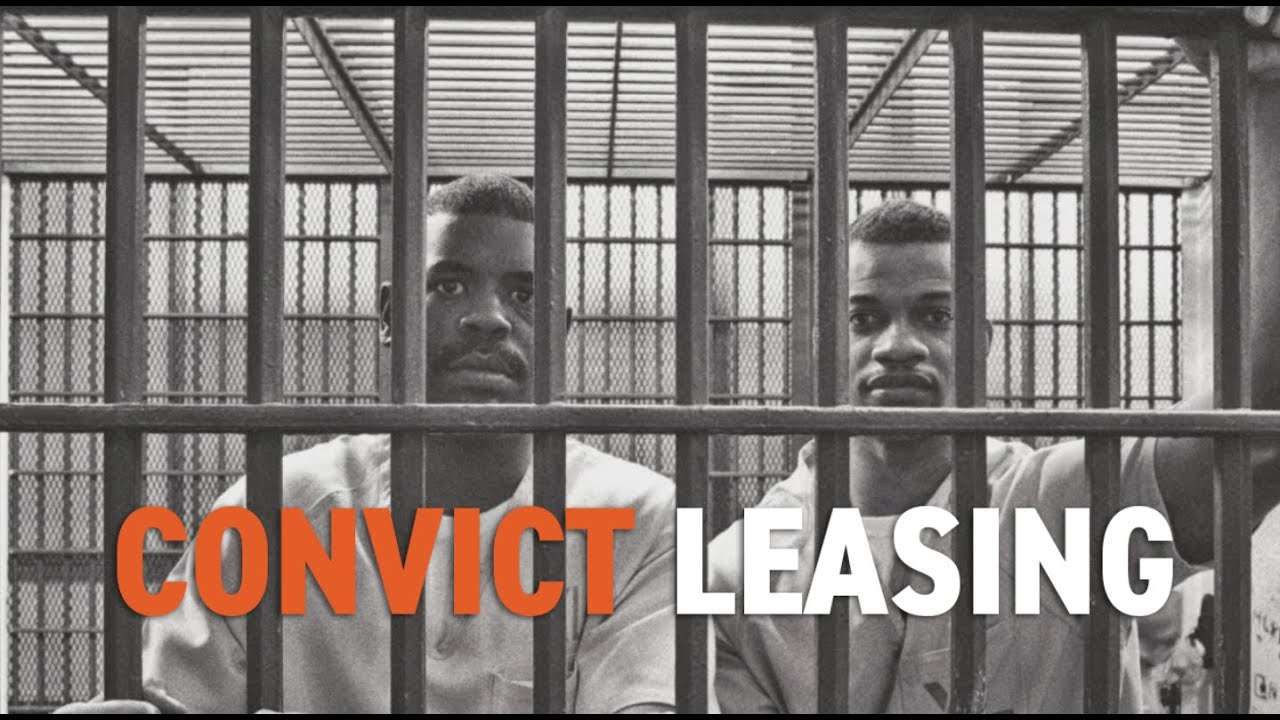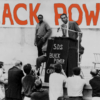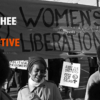Although the 13th Amendment passed the Senate in 1864 and the House in 1865, the loopholes that exist continue to wreak havoc on the African-American population. To ensure the cotton industry would remain unaffected once the slaves were freed, convict leasing — a system that provides prison labor to plantation owners and private corporations — was implemented. The ramifications of this system continue to this day. Those who were arrested — even on minor charges — were locked up and used as free labor while behind bars. This also signaled a shift in the racial makeup of prisoners as more African-Americans were targeted by law enforcement. In this series of Black History in Two Minutes or So, more light is shed on the capitalization of private prisons and how African-Americans are used to fuel the profits for America’s

You May Also Like
Videos
Despite continued exclusionary practices, Black Americans slowly but surely made their way into the workforce after the Civil War. With continued persistence and perseverance,...
Videos
Rev. Dr. Martin Luther King Jr.’s assassination not only further ignited the civil rights movement, but it also inspired students in the collegiate setting...
Videos
While the Civil Rights Movement continued to spread across the US and the feminist movement evolved, one group felt neither movement really addressed their...
Education
Bill Russell; Michael Jordan; LeBron James. Black athletes have at times been synonymous with the sport of basketball, but it wasn’t always that way....




































